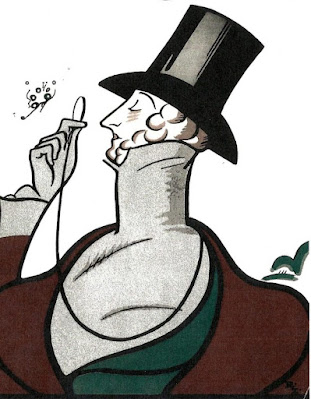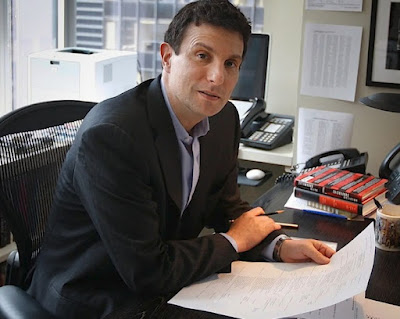When I'm not out, there's constant heterosexism:
"Will your wife be coming with you?"
"There will be a lot of single women at the party."
"There's not a man alive who wouldn't want to be with her!"
When I'm out, it changes to homophobia:
"How do you know you're gay if you've never tried it with a woman?"
"Why do gay men act so feminine all the time?"
"Are you the boy or the girl in your relationship?"
And the elitism is constant:
"How could you stand growing up in Illinois? Nothing to do but ride tractors and milk cows!"
"Why did you go to Augustana? Why didn't you go to Harvard, like everyone else?"
My favorite: "Television? Ugh! Mindless drivel. I haven't watched a television program in 30 years."
"How could you stand growing up in Illinois? Nothing to do but ride tractors and milk cows!"
"Why did you go to Augustana? Why didn't you go to Harvard, like everyone else?"
My favorite: "Television? Ugh! Mindless drivel. I haven't watched a television program in 30 years."
Elitism and homophobia come together in The New Yorker, a weekly magazine for people who think that Manhattan is the center of the universe, regardless of where they happen to live.
I lived in Manhattan for three years, and none of the gay people I knew read it. But all heterosexual college professors did. And quite a few outside of New York, in California, Florida, and Ohio.
Why is it required reading for elite heterosexuals but anathema for gay people, regardless of their elitism?
1. It's the height of insularity. Manhattan is the center of the universe, California is full of wannabes, the rest of the U.S. is a "flyover" full of cows and rednecks, and the rest of the world doesn't exist.
Gay people know that West Hollywood is the center of the universe.
2. It's the height of heterosexism. Endless stories about elite heterosexuals agonizing over failed marriages and dying relatives.
Endless cartoons about heterosexuals saying things that make sense to them, but not to gay people. This guy tells his date, "I want Chardonnay, but I like saying 'Pinot Grigio." She is shocked. What's going on?
3. Gay people appear only as subjects of heterosexual discomfort. In a similar restaurant, perhaps the same one, two feminine stereotypes are arguing (notice the limp wrist). One says: "I wouldn't marry you if you were the last gay person on Earth."
Why is this funny? Because he specifies "last gay person?"
Because it's rather disquieting for a heterosexual to think about gay people discussing marriage?
4. The stories are about men and women having relationship problems. Some of my least favorite writers, those who made me shudder when I was forced to read them in college, were published in The New Yorker: J.B. Salinger, John Updike, Philip Roth, James Thurber, Joan Didion.
"A Perfect Day for Banana Fish." What the heck is a banana fish? All I know is that someone dies. Somebody always dies in these stories.
More after the break
"A and P." It's a supermarket. “In walks these three girls in nothing but bathing suits.” He goes on to describe their bodies in detail. Why don't any of these stories have three boys in nothing but bathing suits?
"The Catbird Seat." What is a catbird, why does it have its own seat, and what does sitting there have to do with the guy who acts crazy in front of his coworker so everyone will think she's crazy?
5. "The Talk of the Town" is not about our town. It's a section of brief stories about what's going on in town, ok if you happen to be straight and live in Manhattan, but if you're gay or live somewhere else (yes, there are other places), useless.
6. A Gay Stereotype. The New Yorker's mascot, stylized as writing "The Talk of the Town," is actually an 18th century dandy, wearing a very high starched collar and a monocle. He's got red lips, penciled eyebrows, and a lot of curly hair that flows into his neck. In other words, a swishy queen. Very disturbing -- I don't even like looking at it. Apparently the Dandy's name is Eustace Tilley, and he was featured on the first cover, drawn by Rea Irwin in 1925.
Occasionally The New Yorker gets something right. It rejected a homophobic "gay marriage" cover by Robert Crumb, and when the Supreme Court rejected DOMA, it printed a cover of Sesame Street's Bert and Ernie cuddling on a couch.
And the current editor, David Remnick, is sort of cute. Wait-- is that a Joan Didion book on his desk?





.JPG)



